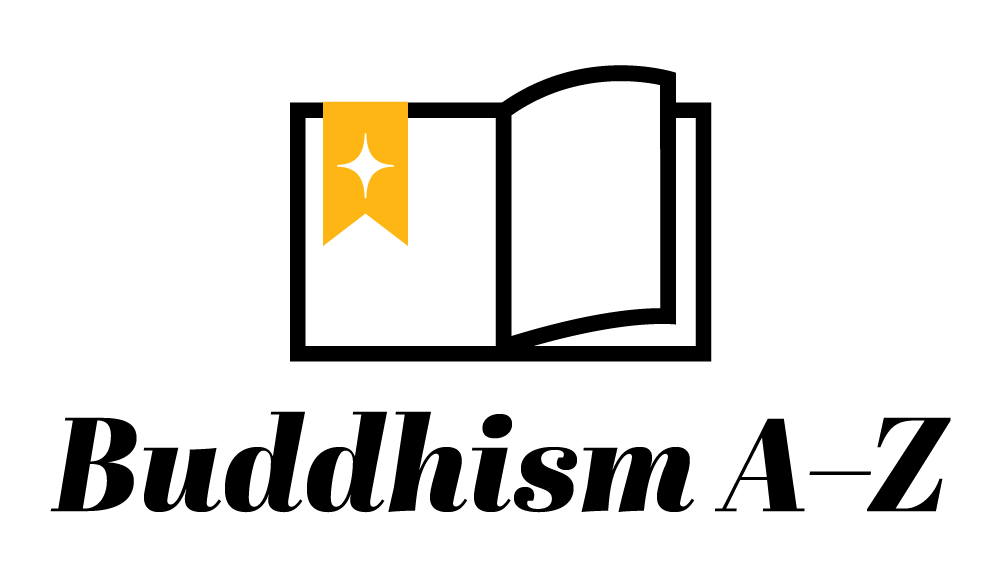Buddhism has its own teachings on psychology that offer a comprehensive view of the workings of the human mind based on meditative observation. The Buddhist study of psychology is inextricably linked to two goals: on a relative level, the reduction of suffering; and on an ultimate level, complete liberation from delusion.
Buddhist psychology is not especially concerned with understanding or controlling behavior, except as it pertains to these two goals, nor is it involved with developing a body of abstract knowledge or theory building.
Some contemporary approaches to Western psychology include practices derived from Buddhism.
Traditional Buddhist Psychology
Several hundred years after the Buddha’s passing (known as his parinirvana), his followers began to organize, interpret, and consolidate his teachings. They developed a system of thought called abhidharma, which means either “higher dharma” or “about dharma.” These abhidharma teachings are the origin of what is now sometimes referred to as Buddhist psychology.
Based on precise examination of their meditation experiences, abhidharma scholars produced detailed lists of psychological and material elements and organized them into charts, much as modern chemists arrange chemical elements in the periodic table.
These charts serve two functions. The first is to help practitioners distinguish the wholesome elements that lead to happiness from the unwholesome elements that lead to misery so that practitioners can cultivate the former and abandon the latter. The second function is to provide practitioners with a matrix to investigate the entire range of their experience so that they realize there is no independent, lasting element that constitutes a solid, independent self.
Much of what we know about the abhidharma tradition comes from a text called the Abhidharmakoshabhasya, composed by the great 4th/5th-century master Vasubandhu. This text gives a systematic presentation of the abhidharma along with critical evaluations of its key tenets from several perspectives.
Buddhism and Modern Psychology
Therapeutic Applications of Mindfulness and Buddhist Principles
Many clinical psychologists and psychiatrists have embraced mindfulness practice as a therapeutic methodology in its own right but especially as a complement to other forms of therapy for a wide variety of mental health conditions, including but not limited to ADHD; chronic pain; anxiety, depression, and other mood disorders; eating disorders; insomnia; and addiction.
The most well-known application is Mindfulness-Based Cognitive Therapy, which was developed in the early 1990s by three clinicians working on relapse prevention for mood disorders—Mark Williams, John Teasdale, and Zindel Segal—which they outlined in Mindfulness-Based Cognitive Therapy for Depression. MBCT and similar programs continue to be widely researched in randomized trials.
Other prominent clinicians incorporating mindfulness or Buddhist practices in their approach include:
- Mark Epstein, MD, author of Thoughts without a Thinker: Psychotherapy from a Buddhist Perspective, who combines Buddhist and Freudian understanding of trauma.
- Judson Brewer, MD, author of The Craving Mind, who focuses on the efficacy of mindfulness in the context of behavioral modification and habit change.
- Marshall Rosenberg (1934-2015), founder of the Non-Violent Communication program and author of Living Non-Violent Communication.
- Marsha Linehan, founder of Dialectical Behavior Therapy and author of Building a Life Worth Living.
- G. Alan Marlatt (1941-2011), founder of Mindfulness-Based Relapse Prevention for Addictive Behaviors, and his successor, Sarah Bowen, co-author of a clinician’s guide to the program.
- Barbara Fredrickson, a positive psychology specialist who studies the efficacy of metta (loving-kindness) practice as a means of promoting positive emotions, which in turn promote resilience and resourcefulness.
- Sylvia Boorstein, PhD psychologist author of It’s Easier than You Think: the Buddhist Way to Happiness, a longtime Buddhist teacher in the Insight tradition.
- Elisha Goldstein, author of Uncovering Happiness: Overcoming Depression with Mindfulness and Self-compassion.
- Margaret Cullen, a marriage and family therapist who is co-author of The Mindfulness-Based Emotional Balance Workbook.
- Mark Bertin, MD, author of Mindful Parenting for ADHD.
- Sona Dimidijian, co-author of Expecting Mindfully: Nourish Your Emotional Well-Being and Prevent Depression during Pregnancy and Postpartum.
Buddhist-Oriented Clinical Psychotherapy Professional Training
Buddhist-oriented clinical psychotherapy programs include, among others:
- Naropa University’s Master of Arts in Clinical Mental Health Counseling—Concentration in Contemplative Psychotherapy & Buddhist Psychology.
- Spirit Rock Insight Meditation Center’s Buddhist Psychology Training: Scientific Intersections and Clinical Applications of Dharma.
- The Nalanda Institute for Contemplative Science Certificate in Mindfulness-Based Contemplative Psychotherapy.
- The institute for Meditation and Psychotherapy Certificate Program—in partnership with the Barre Center for Buddhist Studies and the Cambridge Health Alliance Center for Mindfulness and Compassion (affiliated with the Harvard Medical School Department of Psychiatry).
Related Reading
Healthy Self or No Self?
Modern psychology encourages us to have a healthy sense of self, but Buddhism teaches that the self doesn’t even exist. Barry Magid says there’s no conflict.
You’re Basically Good — The Benefits of Contemplative Psychotherapy
Karen Kissel Wegela on therapy that starts with your basic sanity, not your neuroses.
Is Western Psychology Redefining Buddhism?
Jack Kornfield, Judy Lief, and Bodhin Kjolhede examine the influence of Western psychology on Buddhism. Introduction by Ajahn Amaro.
The Case for Contemplative Psychology
When spiritual tradition is viewed as its own school of psychology, it can offer more effective techniques and profound goals than conventional psychology.
Buddhism A–Z
Explore essential Buddhist terms, concepts, and traditions.





